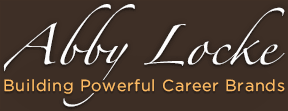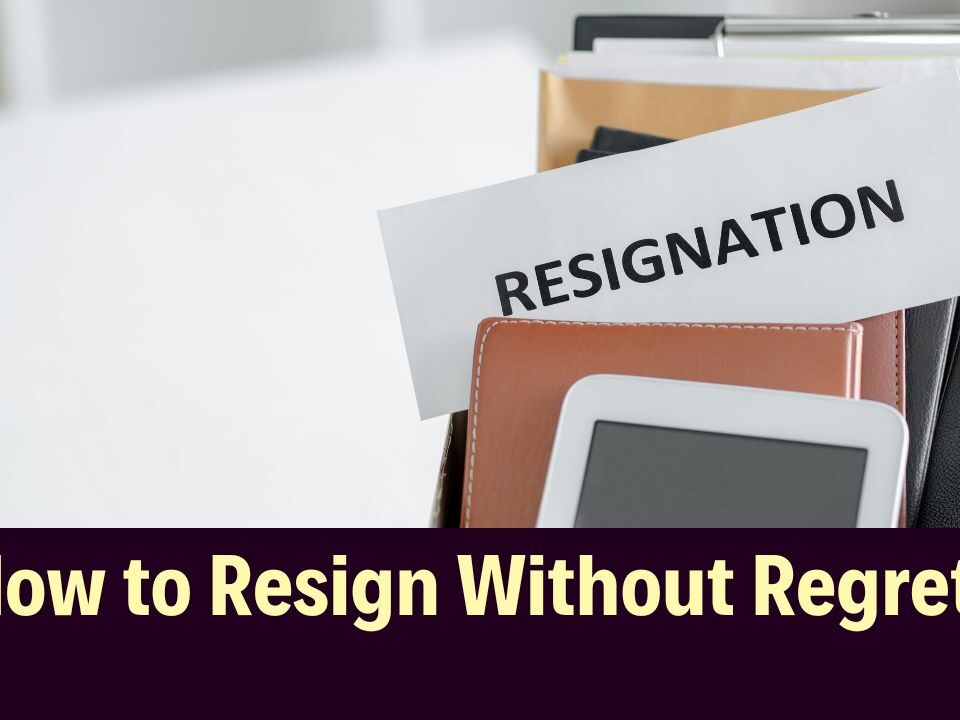
As a resume writer, career management coach and job search strategist, I work with my clients on all aspects of their career growth plan…often that includes interview preparation.
It always seems to be one extreme or the other. I have had clients who are comfortable and confident in interviews and just need the right tools to get them in front of decision makers.
On the other hand are clients who have not interviewed in awhile or have spent most of their career with one company, so they have lost touch with current and hiring practices.
We tend to intuitively know that saying anything negative or self-defeating in interviews is definitely a no-no.
However, when it comes to answering difficult questions, how to you balance between being positive and being truthful?
That can be a little tricky…and while you can never predict what an interviewer will ask, they are some common questions you can use in your practice sessions.
So I have compiled a few popular interview questions and added my suggested answers and where necessary the logic behind the questions.
1) Why do you want to work here? (Why are you interested in this job?)
It is critical that part of your interview preparation include company research and even research on the person interviewing you…be knowledge about the company’s business needs and growth objectives.
Tailor your answer around that insight.
2) What would you say your weaknesses are?
Ok..side note. I HATE this question and wonder why some companies still ask it. However, since it can come up, be prepare a positive, thoughtful response.
The best strategy here is to identify (before the interview) an area in your career and professional journey where you had the most growth.
- Did you have to overcome fear of public speaking?
- Did you have to learn how to properly delegate?
- Did you have to gain courage to speak up for yourself?
- Did you have to enhance your leadership skills?
Start off your response by stating what the “weakness” is/was, but close out with how you are actively working to improve it or how you have already improved it.
Your answer can start with “Well, one area that I really used to struggle with was…..”
3) Why are you leaving your current job? (Why are you looking for a job now?)
Focus your response on what the new position has to offer and why you bring great value to the company. In other words, it’s acceptable to say that you have exceeded your capabilities in your current role and seeking greater challenges.
What you want to avoid doing is complaining about your current job and how terrible the working environment or your curretn boss is to you.
I know it seems strange to not be direct and honest about what you are currently facing, but any type of negativity in the interviewing process does not leave a great impression.
4) What other job opportunities are you considering?
Don’t get thrown off by this question. If you are a really good candidate and appear to be a great fit, the interviewer may want to get a sense about how many companies are courting you.
Keep your response brief and vague.
Something like “As I shared with you earlier, I am actively seeking new leadership opportunities and happen to be in discussions with a few of your competitors. However, I would like to protect their privacy in the interviewing process as I would for your company under similar circumstances.”
5) Describe to me the best or worst boss you’ve ever had?
First off, this is not an opening to bash or bad mouth a former or current boss. Never state anything negative!
Talk about the differentiating factors that each boss brought to the table. Describe in a positive way how you were able to work productively with and learn something valuable for each boss, good or bad.
The key here is to be specific in your examples; give details about leadership styles, working relationships and rapport. Show that even when the situation was not the best, you were able to produce and perform at your best.
6) How do you spend your spare time?
Ok…another side note here. I once shared in a consulting interview that my favorite TV show was “24” (the original one with Keifer Sutherland) and it worked in my favor.
Within 2 minutes, the interviewer and I were shrieking with joy about the episode from the night before….and yes, I did get the consulting assignment.
Your deliberate strategy here is to avoid saying anything offensive or polarizing.
You are better off talking about non-political, non-religious activities and interests like exercise, travel, home projects and family activities. Even talking about the kind of books and publications you enjoy reading should be done with caution.
Don’t get the wrong idea here, you want to be yourself as much as possible but everyone has unconscious biases. Avoid getting eliminated from the running because of misconceptions.
7) What are some of the biggest challenges you faced in current or previous jobs?
Never make it about a boss, a team member or any other person. Take the interviewer through a high-level, strategic view of how you approach and solve operational, business or client challenges.
Switch the conversation and use the Challenge-Actions-Results format to frame your answer and tie them into 2-3 accomplishments.
8) Based on our needs and what’s on your resume, you may be overqualified, right?
Think this question through carefully and craft a logical, believable response.
Reality is that there may be times in your career where you are making a lateral career move or you are willing to take a “stepping stone” job.
No interviewer wants to feel like your commitment is short-term or that you are just passing time until something better comes along.
This is where doing extensive research about the company, the role, what it takes to succeed in the role and why you are the right person is so important.
Avoid explaining or downplaying your experience and strengths. Instead, talk to the interviewer about the new dimensions of experience and skill that you bring to the position and how the company can benefit in the long-run.
9) What are some of your pet peeves when it comes to your work environment?
Shift the focus of the question from all the negative things that drive you crazy to how you like to conduct yourself in professional work environments.
Focus more on what you do to elevate the professional standards and work ethics when you can and how you encourage others to strive to their full potential.
Make your response be about what needs to be present in a work environment for you to excel in addition and the specific ways in which you contribute or help to create that type of work environment.
10) Why should we hire you?
Show them in a non-egotistical way how much you will contribute the job. If you had mentioned that before, share some more accomplishment stories that line up with current business challenges they are facing.
Use this opportunity to ask specific questions about the company, upcoming initiatives, internal changes and anything you need to get the full picture of what the job is really about…remember, you are interviewing them as well.
In closing, I strongly recommend that you prepare, prepare and prepare some more for all of your interviews.
Hire a coach, connect with your mentor or get together with another trusted colleague and do some role plays with practice questions.
Make it your goal to walk into your next interview confident, motivated and encouraged!




